How Michael Crichton invented the medical drama – and everything else on our screens

by Michael Crichton?”
.
His profile has understandably been in decline since his death in November 2008 as a result of lymphatic cancer. However, he's back in the news at the moment with the return to the US airwaves of ER star Noah Wyle, reprising the well-known role of a conscientious doctor at a big American city's busy hospital.
But "The Pitt" isn't a spin-off of ER, and it's a coincidence that it features Gy garant playing a character similar to his ER character, John Carter. That's according to Warner Bros Productions, which has been sued by the author's widow, Sherri.
She maintains that Warner Bros had begun discussions with her regarding a new series set in the ER universe, which Crichton had created back in 1993 – built on his experiences as a medical student in a chaotic emergency department. She states that the studio subsequently informed her that the project, which was intended to star Wyle, was "dead" – however, within the space of 72 hours, the executives came up with plans for an entirely distinct hospital drama, which just so happened to feature Wyle as a leading figure, serving as an executive producer for The Pitt. The fundamental, noticeable difference being that The Pitt would be set in Pittsburgh, in contrast to ER's setting in Chicago.
“Nobody is disputing the fact that you can make a medical drama, or even a medical drama featuring Noah Wyle, Sherri said.
We wouldn't have filed this lawsuit on that alone. This case is about whether Warner Bros. [executive producers] John Wells, Scott Gemmill, and Noah Wyle could legally develop and negotiate with the estate for almost a year with the intention of reviving ER, only to claim it's a brand new show when their original proposal isn't successful.
The courts will decide if her case has any merit. As for whether The Pitt stands out on television, initial reports suggest it's reasonably watchable, but nowhere near as engrossing as ER; the show that catapulted George Clooney to fame as the charming Dr Doug Ross.
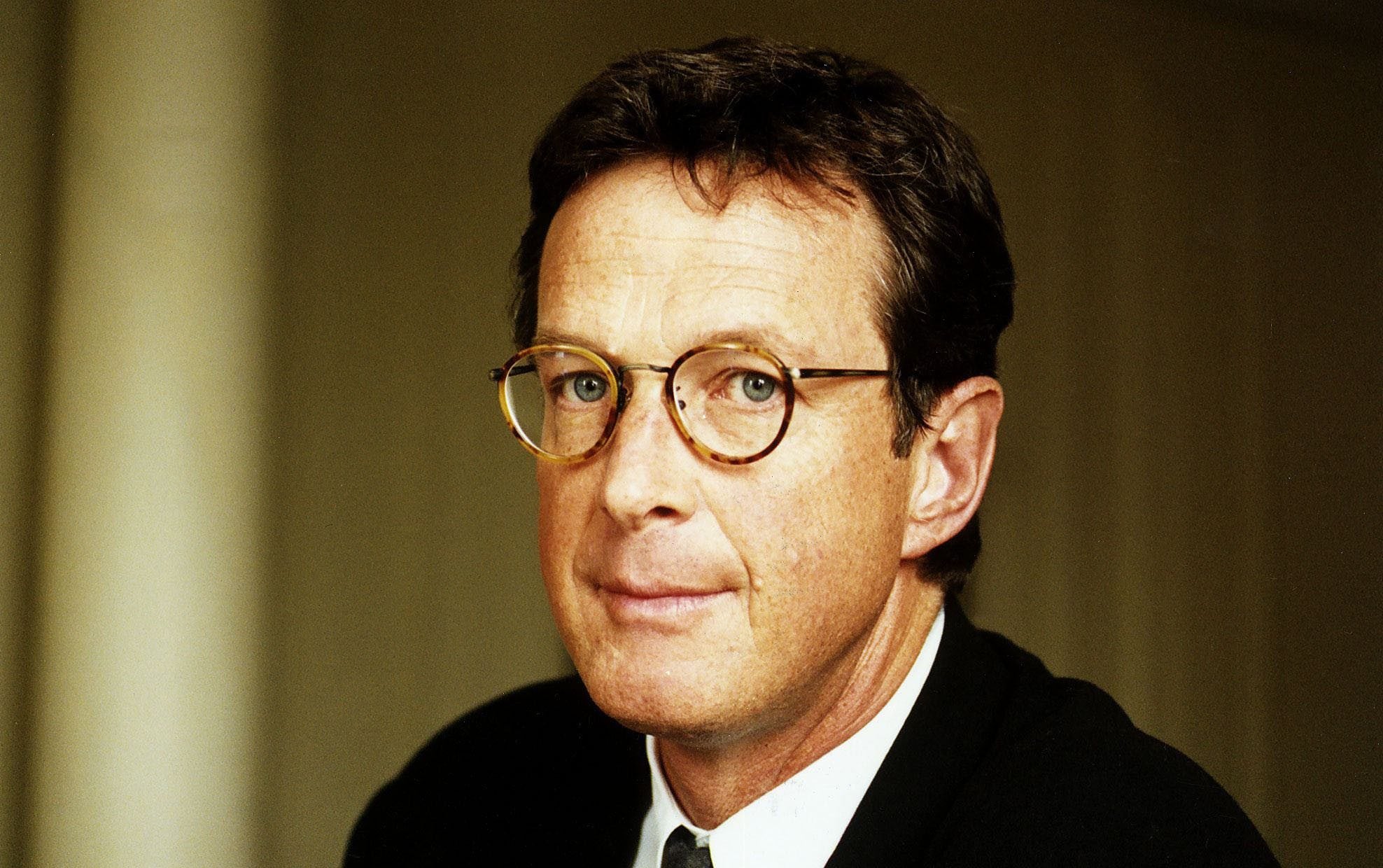
There's an overwhelming sense of familiarity about it all, like there's an elephant in the trauma ward," the New York Times said in a review that highlighted the Emergency Room-ness of the whole affair. "It certainly appears to want to be ER, and that's no criticisms; shouldn't everyone aspire to be ER? However, it has fewer ideas, fewer drama, less vitality, less uniqueness.
Between 1947 and 1957, Lucie Arbuthnot says she formed a bond of the game starring Sean Connery in the 1978 heist feature, The First Great Train Robbery, during which he became close friends with its lead, Sean Connery – who later helped Crichton cope with his frequent struggles with depression.
“Michael was always called a man of many talents,” George Clooney was quoted as saying to Vanity Fair. “That's because he excelled in so many areas. Doctor, writer, and director. Plus, he stood out at an impressive six-foot-nine tall. He would walk into the room and all the rest of us ordinary people felt a bit insignificant. It was something that had to be seen to be believed. He could even reduce major stars and brilliant directors to little boys looking up at this gentle giant.”
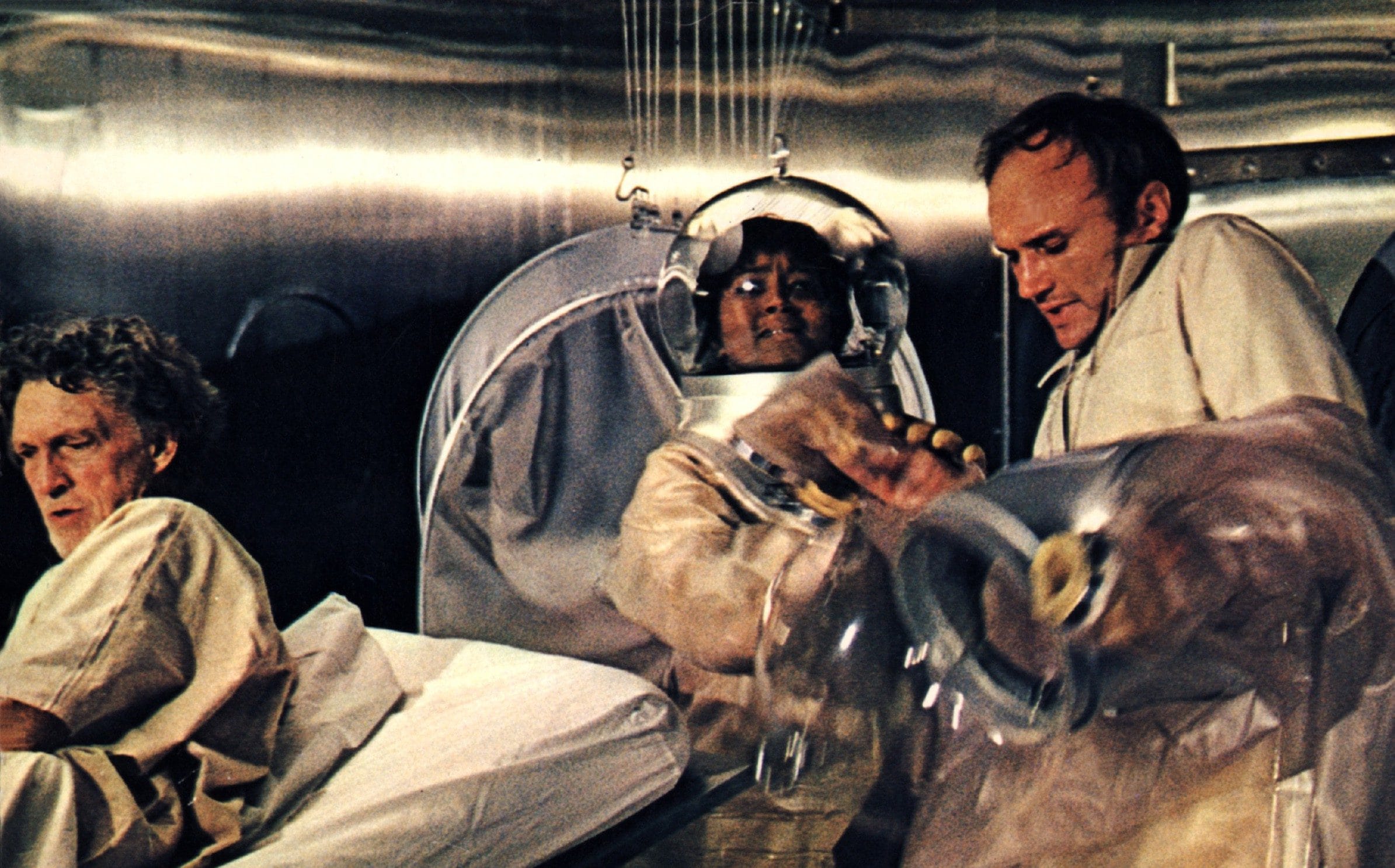
Even as he wasn't in front of the cameras, Hollywood couldn't get enough of his work. The 1971 Robert Wise adaptation of his debut novel, The Andromeda Strain, concerning a deadly virus from out of this world, was a massive box office success (Crichton wrote it while studying medicine at Harvard).
Then came Jurassic Park – based on his 1990 page-turner about dinosaurs brought back to life using ancient DNA and featuring uncredited script work by Crichton. The 1993 dino romp was one of the greatest commercial successes of Steven Spielberg's career.
With his fourth wife, Anne-Marie Martin (a sequel, Twisters, caused a stir at the box office last year).
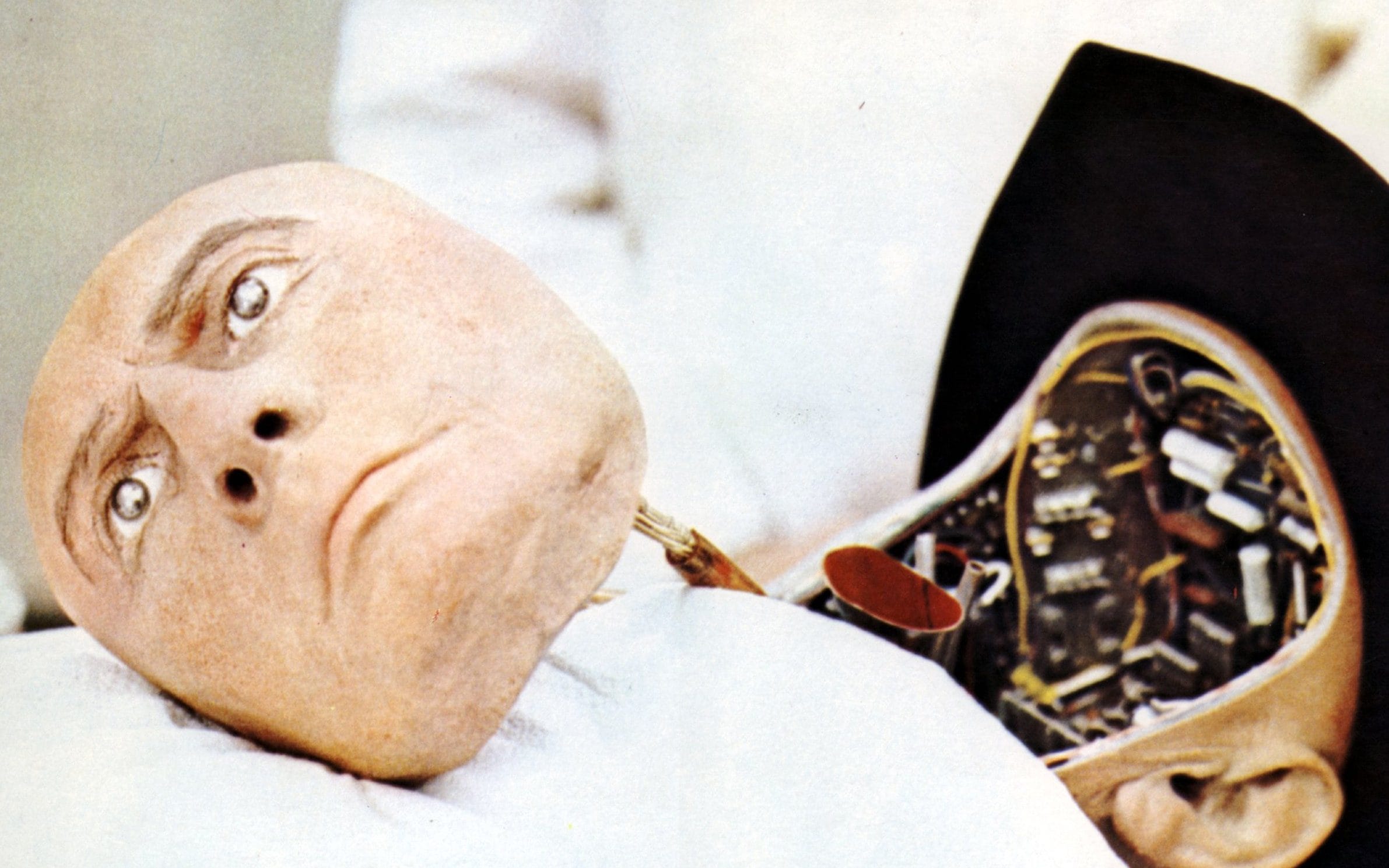
“Crichton's particular focus on scientists as heroes, his skill in creating very believable science fiction, and his willingness to spread his stories across different industries, all made a huge contribution to his success in having those stories turned into films,” says Ryan Rogers, producer and presenter of the Jurassic Park Cast, a podcast dedicated to discussing Jurassic Park and its sequel, The Lost World.
“What made Crichton stand out was the fact that his protagonists were not ordinary people, but scientists and doctors who were passionate about their field of expertise, frequently warning of the dangers of the 'progress'-driven capitalist's relentless pursuit of 'success'. This added fictional authenticity to his writing, leading me to believe that cloning dinosaurs was not as far-fetched as I had thought. And through his stories, he inspired the world with the possibilities of what we could achieve, but also prompted us to think carefully about the risks we might be willing to take to achieve it.”
As is typically the case with successful individuals, Crichton was a complex character. Jurassic Park is a novel that is essentially a tribute to dinosaurs, although its message suggests that excessive self-confidence in science can lead to catastrophic consequences. Ultimately, the dinosaurs escape and devour everyone. In the film adaptation, Dr Ian Malcolm, portrayed by Jeff Goldblum as a somewhat eccentric and awkward character, tells John Hammond, played by Richard Attenborough, "your scientists became so focused on figuring out whether they could accomplish their goal that they overlooked the important question of whether they should."
“Michael Crichton’s colossal success triggered a tidal wave of imitators, overflowing bookshop shelves with titles striving to emulate his style,' says the author (and Crichton aficionado) Spencer Baum.
“Because of this, he is often mistakenly grouped into the broader category of ‘technothrillers’ which followed in his wake. This simplification ignores his pioneering work in 20th-century fiction. Prior to The Andromeda Strain, and especially before Jurassic Park, sci-fi novels rarely featured tightly wound plots with a strong sense of suspense. Today, the style he developed has become standard. Readers, film-goers, and television viewers now expect a dense, suspenseful plot where technological and science fiction elements are presented in a realistic way.”
He could be a bit of a handful to deal with. At Harvard, he initially read English but became dissatisfied with what he considered the substandard quality of the teaching. Frustrated, he submitted an essay by George Orwell under his own name – and was awarded a mediocre grade. At which point, he decided to switch and study medicine instead. “Now Orwell was an excellent writer, and if a B-minus had been the best he could receive, I thought I'd better leave English as my main subject.”
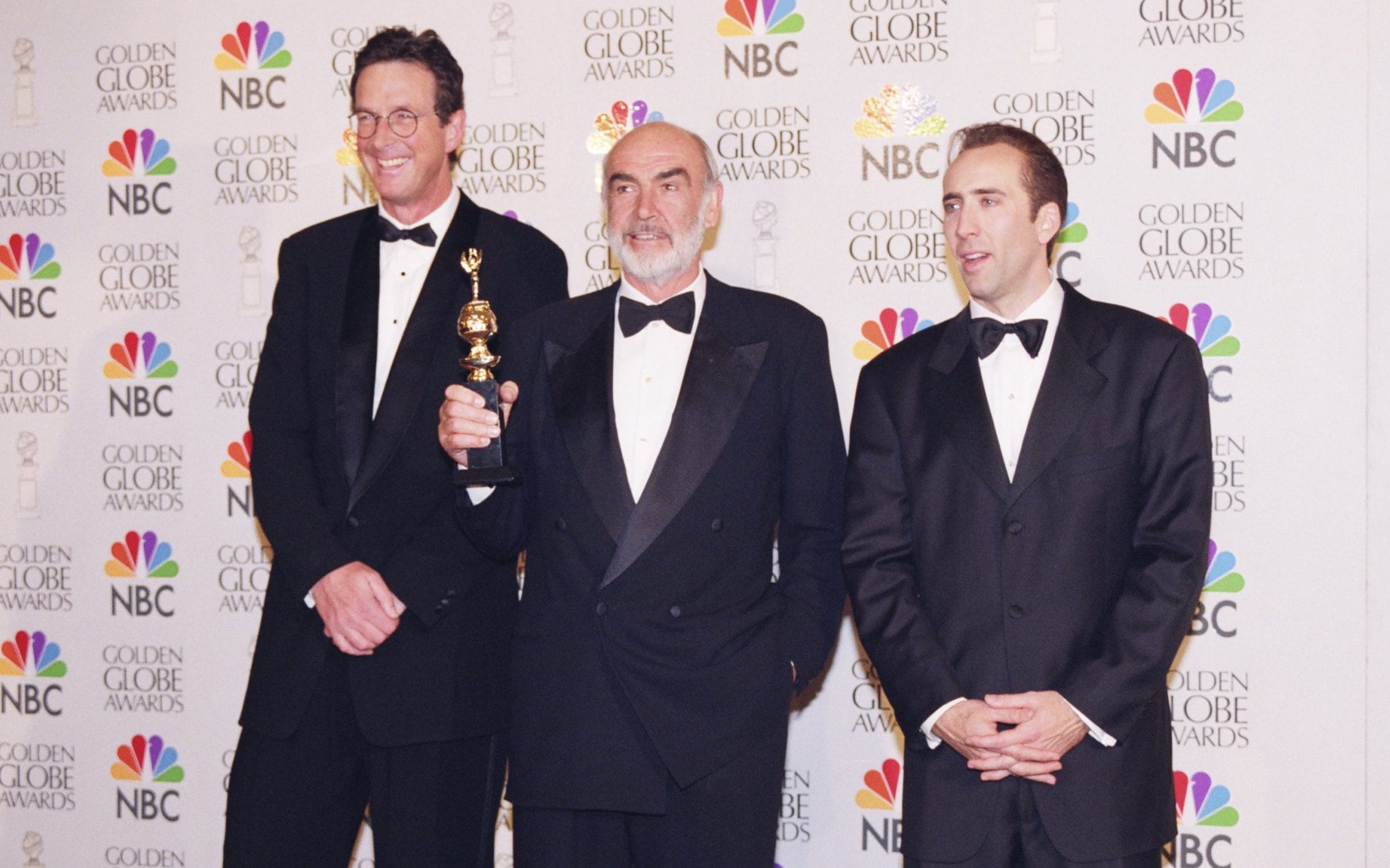
In Hollywood, he strongly denounced the foolishness of film studio executives who he described as "stupid" following a 1994 adaptation of his novel Rising Sun, where significant alterations were made to the plot. He had been married five times and attributed his inability to sustain personal relationships to the depression that would affect him "like the weather". One of his many quirks was his determination to eat the same meal every day when writing his novels. (He also stated that he was unable to start writing without some dirty laundry scattered around; in a 2003 interview, he said "a pair of Nikes" could serve as a substitute.)
Crichton wasn't bothered about the current trend of being considerate of political sensitivities at the time, and he would probably have risked being out of favour now. In his novel Rising Sun, he warned that American business could be taken over by Japanese companies. He was asked by the LA Times if he thought the Japanese were inherently racist, and he responded bluntly: "We're talking about a historically insular nation, an island nation with a largely monocultural population. That's a good environment for superiority feelings towards your own people to develop over the rest of the world."
Express those views today and social media would go into a frenzy. He would also certainly come under fire over the sexual politics of Disclosure, which claimed that workplace harassment isn't straightforward and that it involves mutual participation.
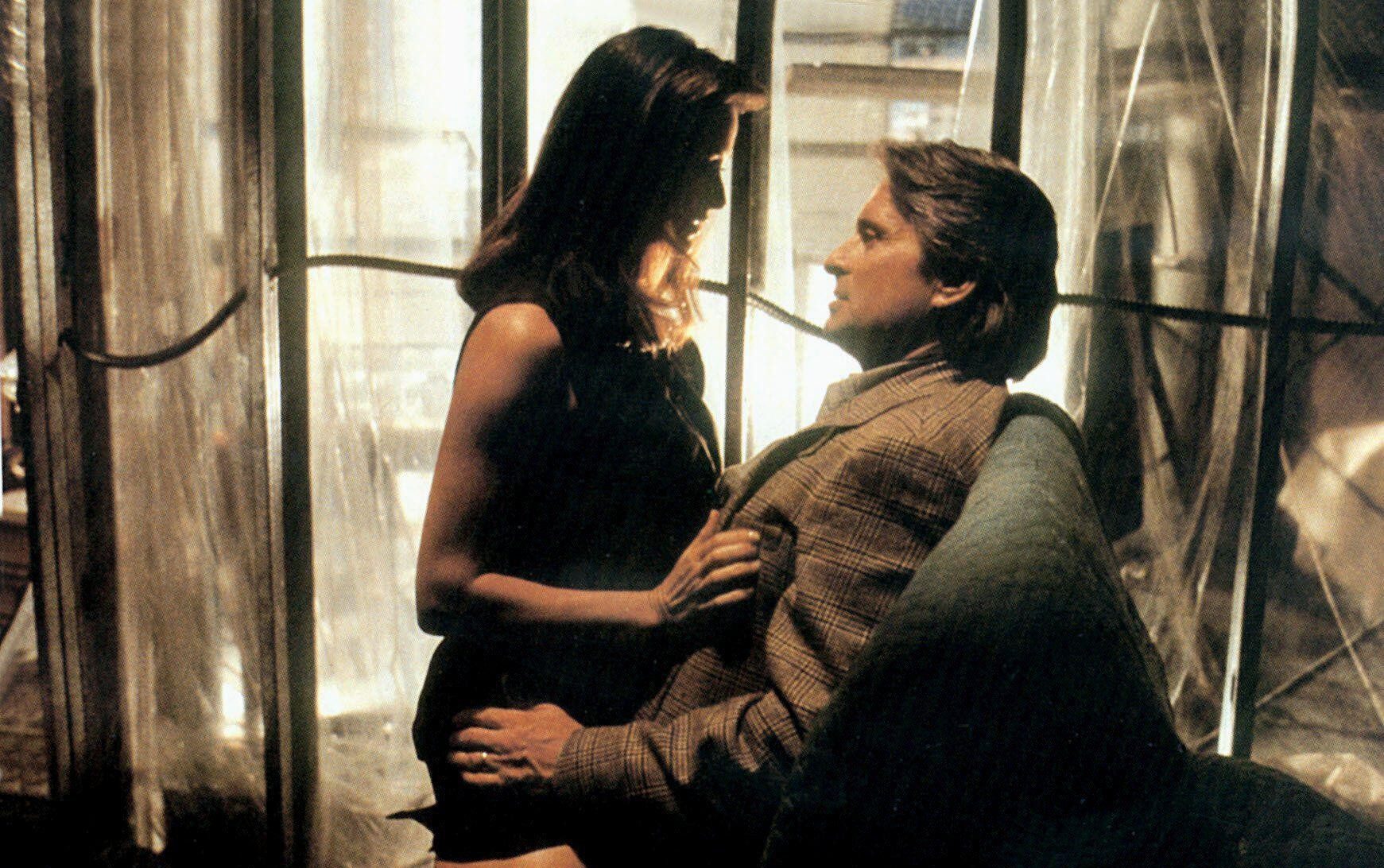
In the book and film, Michael Douglas's character is propositioned by his boss (Demi Moore). He turns her down – but only after the situation becomes quite flirtatious. Crichton's main point was that people who claim they are victims of sexual harassment aren't necessarily telling the truth as it is – a perspective that, post-MeToo, would have seen him severely condemned. "Why doesn't he say, 'I'm sorry? I must go now?'" he wondered, suggesting that Douglas's character had agreed to play along with Moore's alluring antagonist. "We all know how to do that."
In the end, Crichton was effectively cancelled. In his 2004 novel States of Fear, unhinged eco-warriors hype up the threat of climate change – only to be outed by a courageous scientist.
Crichton had downplayed a connection between greenhouse gases and rising global temperatures in a 2003 speech at the California Institute of Technology, titled "Aliens Cause Global Warming" which, however, was intended as a satirical statement. He himself did not consider climate change to be a significant problem. For this stance, he received widespread criticism: his friend, screenwriter and director Paul Lazarus, told Vanity Fair how Crichton had been warned, "Michael, you're on the wrong side of history on this one".
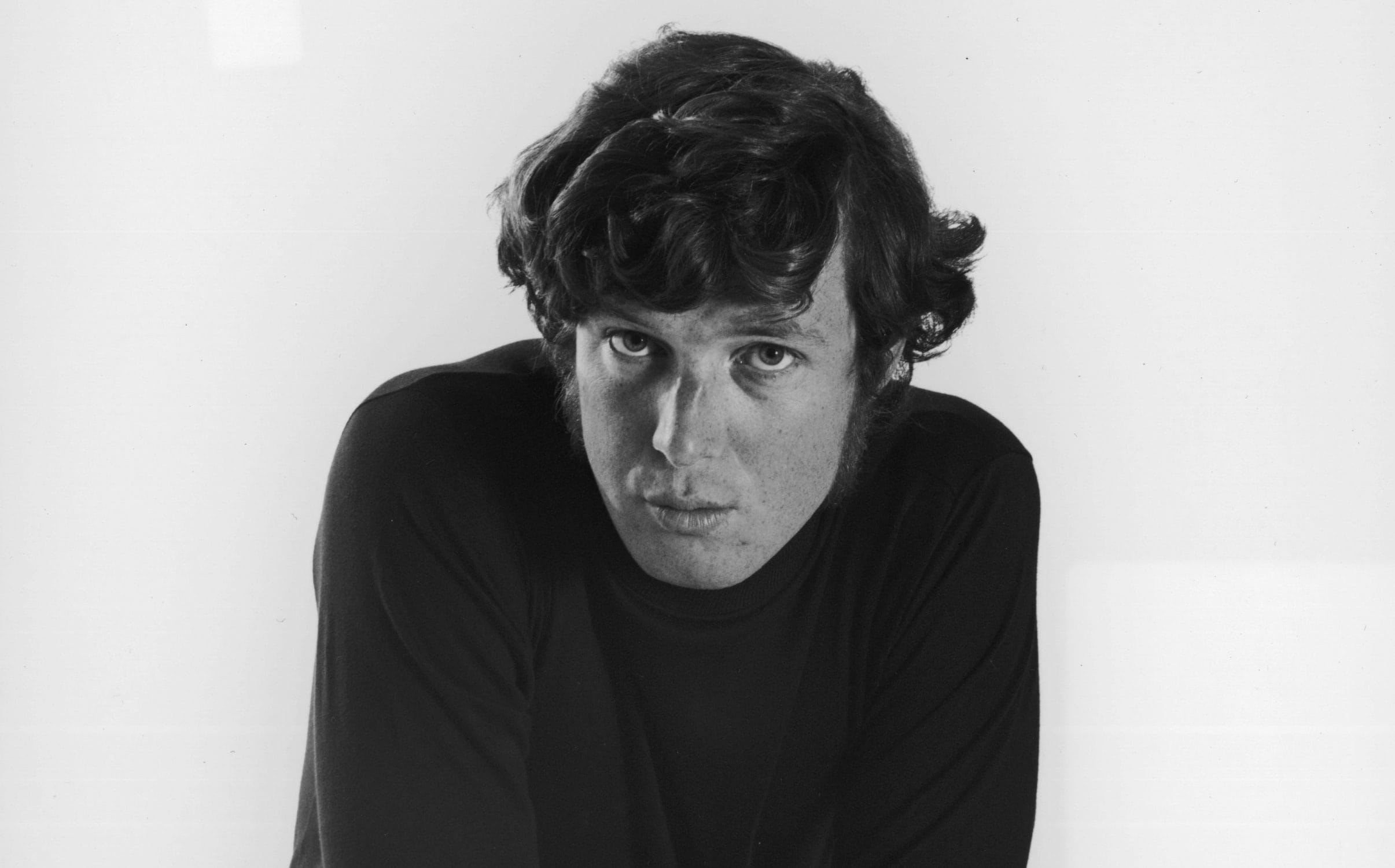
He was, however, defended by fellow colleague Steven Spielberg, who said the author's intention was to provoke debate over environmental issues. "People weren't discussing global warming [at that time the book was published]", he said. "And I believe Michael was looking to stir things up and bring people to attention, and I feel he had to take a risk to get people to pay heed."
Today, that row is largely forgotten. Nor is Crichton's name a household name – you won't spot him name-checked by The New Yorker cartoonists. Nevertheless, his legacy lives on – in Jurassic Park and its numerous sequels. And in the still widely popular ER (you can stream it on Channel 4). Seventeen years on, he remains the king of the intelligent techno-thrillers, the dinosaur resurrection dramas – and the fast-paced hospital capers.
The Pitt may or may not be a direct copy. But for his wife's allegations of plagiarism to be even considered at all is a recognition of Crichton's remarkable creative abilities and to a legacy that extends far beyond rampaging dinosaurs in a fantasy world.
Play our fantastic range of Puzzles - and feel more alert every day. Improve your brain and lift your mood with PlusWord, the Mini Crossword, the challenging Killer Sudoku and even the classic Cryptic Crossword.

Post a Comment